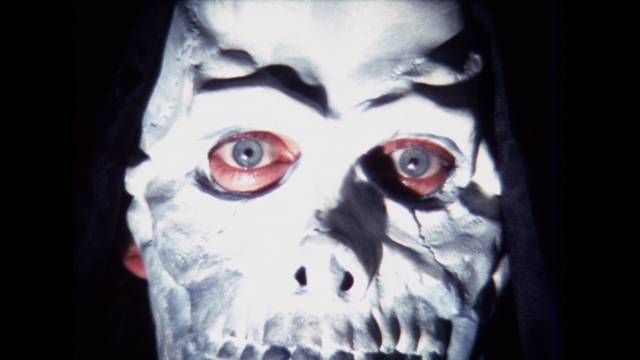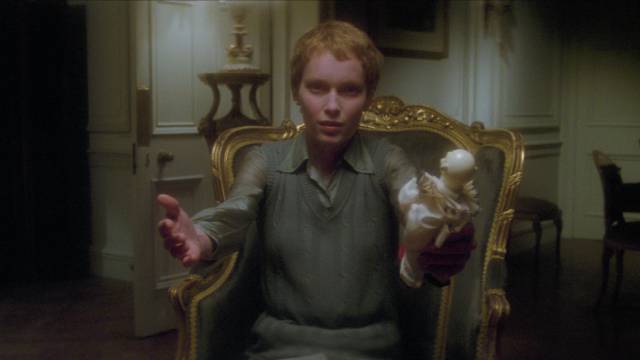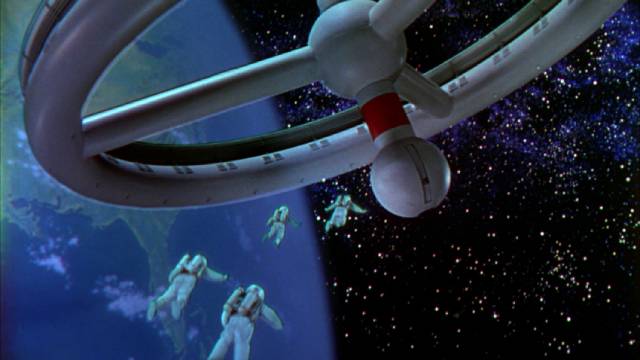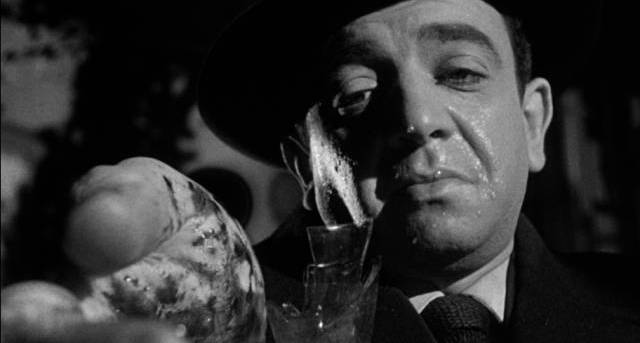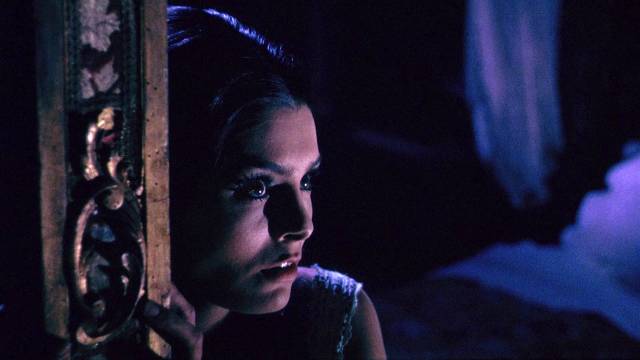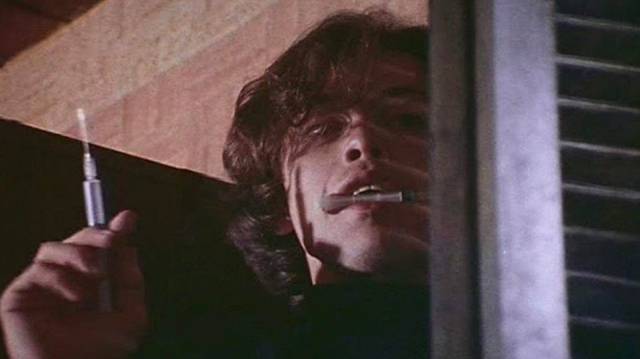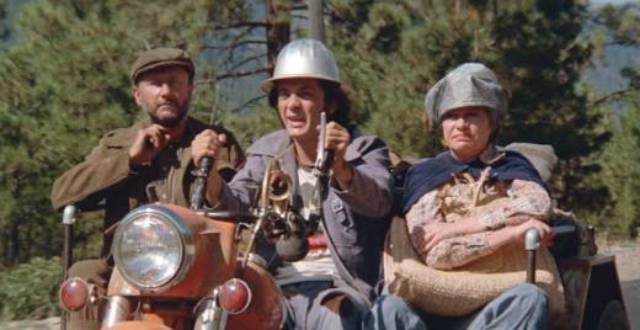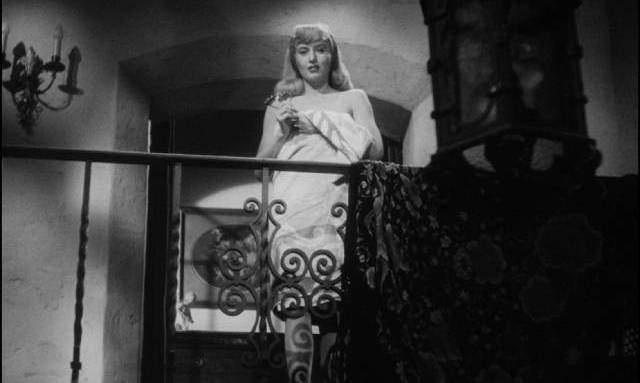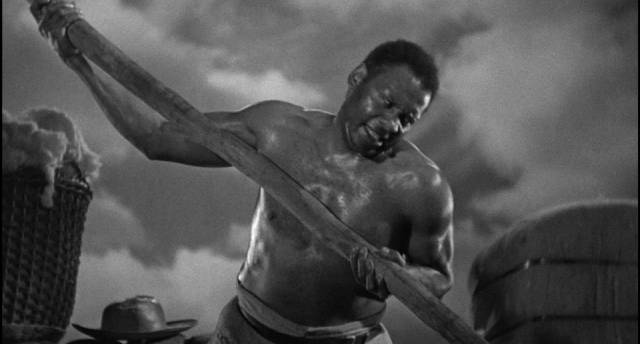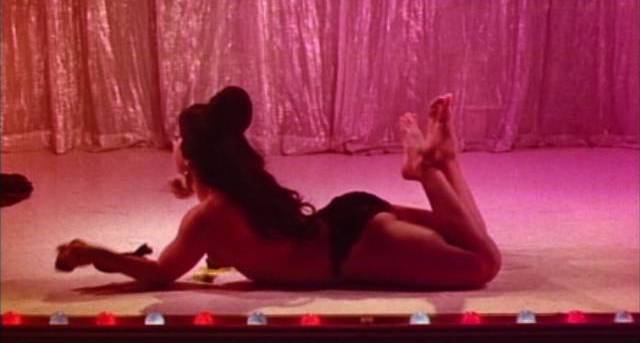
The film business being what it is, it’s not surprising that there are many odd corners still waiting to be explored – one of the oddest being the Ormond family, dad Ron, mom June and son Tim. After a successful career in vaudeville, June and Ron turned to independent production in the late ’40s with a string of poverty row westerns starring Lash LaRue, followed by a wide range of exploitation movies for the drive-in circuit – jungle adventure, hicksploitation featuring bootlegging, stock car racing, country music, spiced with sex and violence. Then in the late ’60s, they found God and made a series of evangelist movies, using all their exploitation skills to warn churchgoers about the evils of Communism and the inevitability of Hell. All of this is gathered together in Indicator’s box set From Hollywood to Heaven: The Lost and Saved Films of the Ormond Family, compiled in collaboration with filmmaker Nicolas Winding Refn and biographer Jimmy McDonough.
